In California: Prisons report record high COVID-19 infections. And porpoises bounce back.
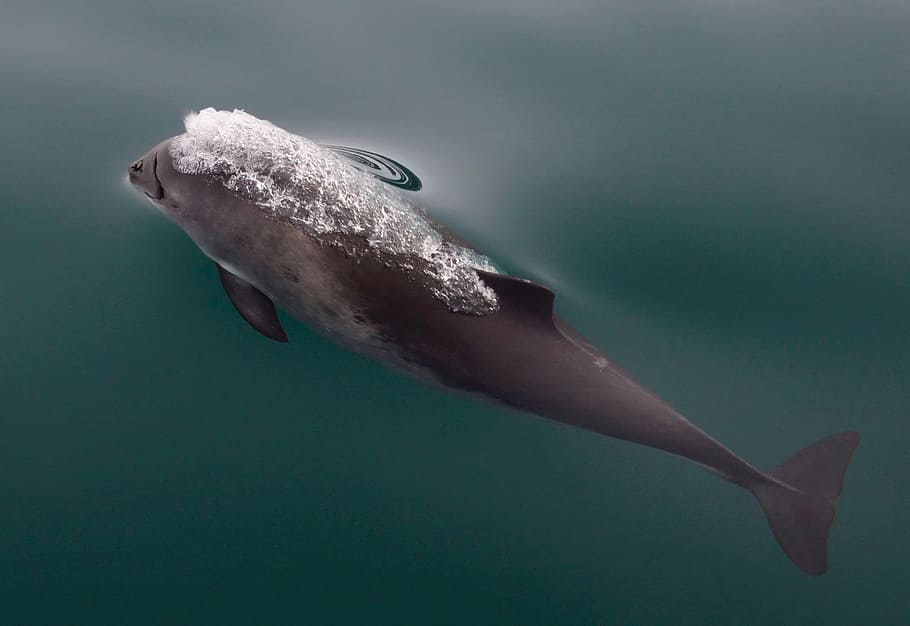
Plus: Oakland bans natural gas in new residential and commercial buildings. And LeBron signs contract extension with the Lakers.
Happy hump day! I'm Winston Gieseke, philanthropy and special sections editor for The Desert Sun in Palm Springs with some of today's latest California headlines.
In California brings you top Golden State stories and commentary from across the USA TODAY Network and beyond. Get it free, straight to your inbox.
California prisons report record high COVID-19 infections
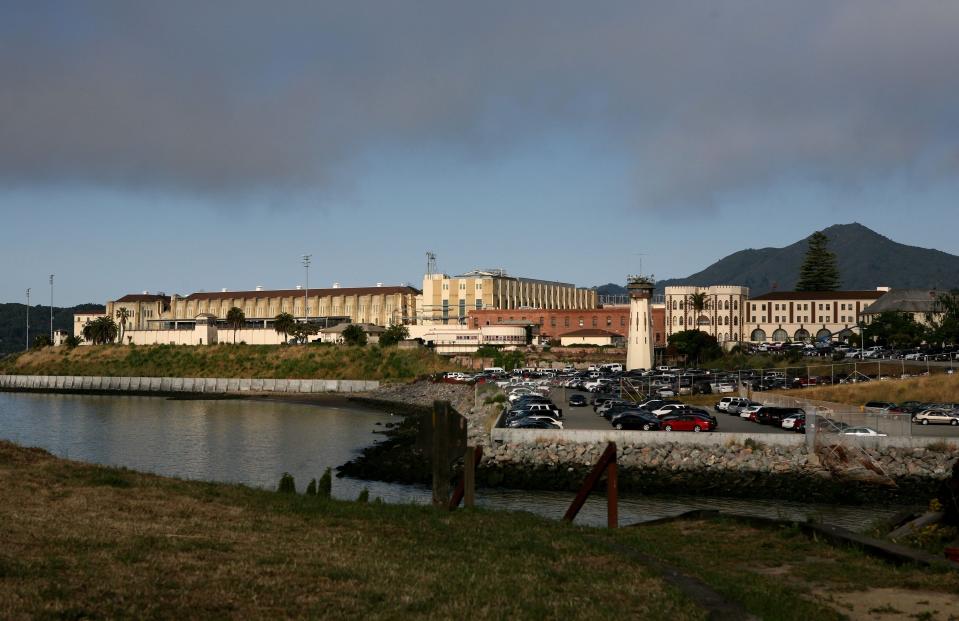
Coronavirus infections have exploded in California's prisons, with the highest number of active cases — 3,861 — reported last week. This comes after the state has slowed its early releases of inmates, raising questions about overcrowding as infections spread through the correctional facilities, CalMatters reports.
Between July 10 and Aug. 9, more than 4,000 inmates were set free through early release programs, but releases have since slowed. The nine prisons that have been hit the hardest by COVID-19 are at least 120% over capacity.
Meanwhile, there are approximately 7,000 prison inmates sitting in county jails waiting to be transferred to state prisons. Pre-COVID-19, about 2,500 inmates per month were moved from jail into prisons. Recently about 3,000 inmates were transferred out of jails to prisons, but then, last Thursday, the California Department of Corrections and Rehabilitation again suspended transfers after coronavirus cases rose.
Pasadena tightens COVID-19 restrictions on businesses, activities
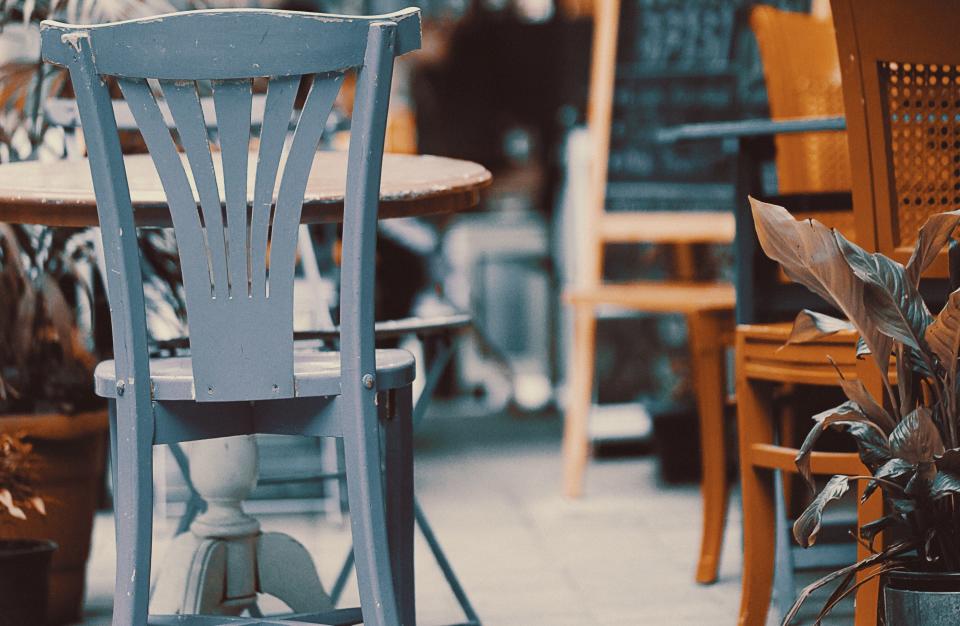
Shortly after becoming the go-to place for diners looking to avoid coronavirus restrictions in L.A. County, the City of Pasadena (which has its own health department), announced new guidelines Tuesday after inspectors caught multiple COVID-19 health protocol violations, reports abc7.com
The new rules include:
All public and private gatherings with people outside one's own household are prohibited, with exceptions for constitutionally protected religious services and protests.
Outdoor dining at restaurants is allowed, but only with members of one's own household. Restaurants must conspicuously post this restriction.
Non-essential retail and personal care services are limited to 25% occupancy.
The changes came about after inspectors found unpermitted events, like a car meet and motorcycle show, competitive soccer events attended by kids and families, and people walking in public without wearing masks.
CDC advises Americans to stay home during winter holiday season
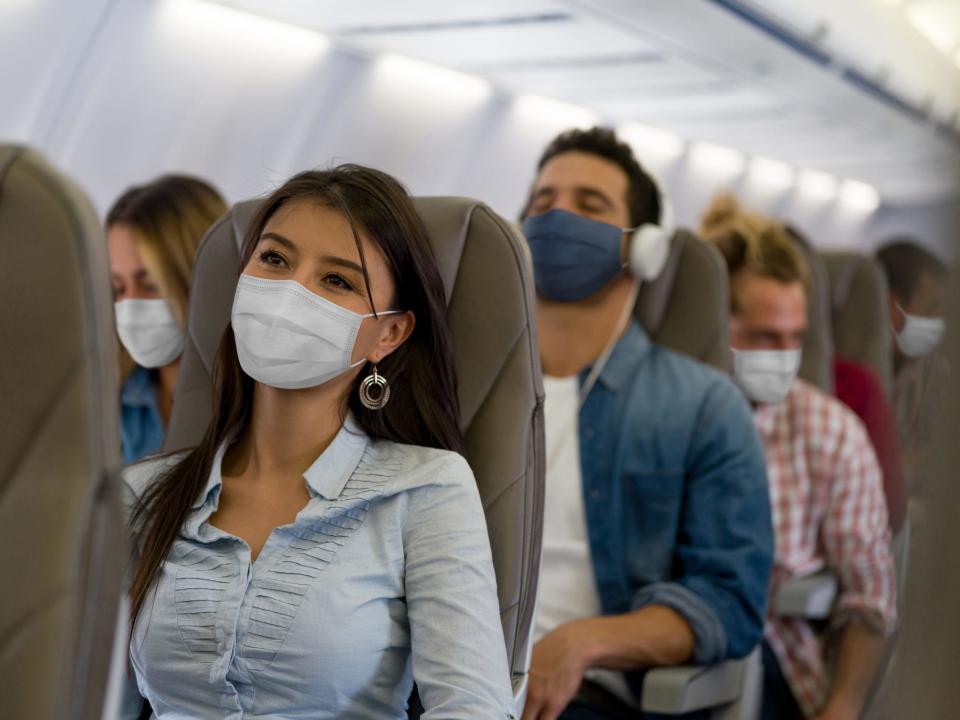
The Centers for Disease Control and Prevention is once again urging people not to travel for the holidays.
"The best thing for Americans to do in the upcoming holiday season is to stay at home and not travel,'' Dr. Henry Walke, the CDC's COVID-19 incident manager, said in a news briefing Wednesday. "Cases are rising. Hospitalizations are increasing, Deaths are increasing. We need to try to bend the curve, stop this exponential increase."
For those who opt to ignore the warning, the CDC now recommends getting tested for COVID-19 one to three days before traveling and three to five days after returning home. Walke said testing does not eliminate travel risk, but when combined with reducing nonessential activities and other precautions, it can make "travel safer."
Last week, the CDC strongly recommended against Thanksgiving travel, yet more than a million people were screened by TSA on Sunday alone. As a result, Walke said the CDC expects to see a rise in cases seven to 10 days after the Thanksgiving travel rush.
Also this week, the CDC advised against all travel to Mexico as it does not have strict COVID-19 entry requirements, such as a negative test or quarantine. The CDC's alert level for Mexico is its highest, level 4.
And while we're on the subject of the COVID-19 and traveling, the CDC now says the recommended quarantine time after an exposure to the virus may be shortened to seven or 10 days, down from the previously recommended 14 days.
Oakland bans natural gas in new residential and commercial buildings
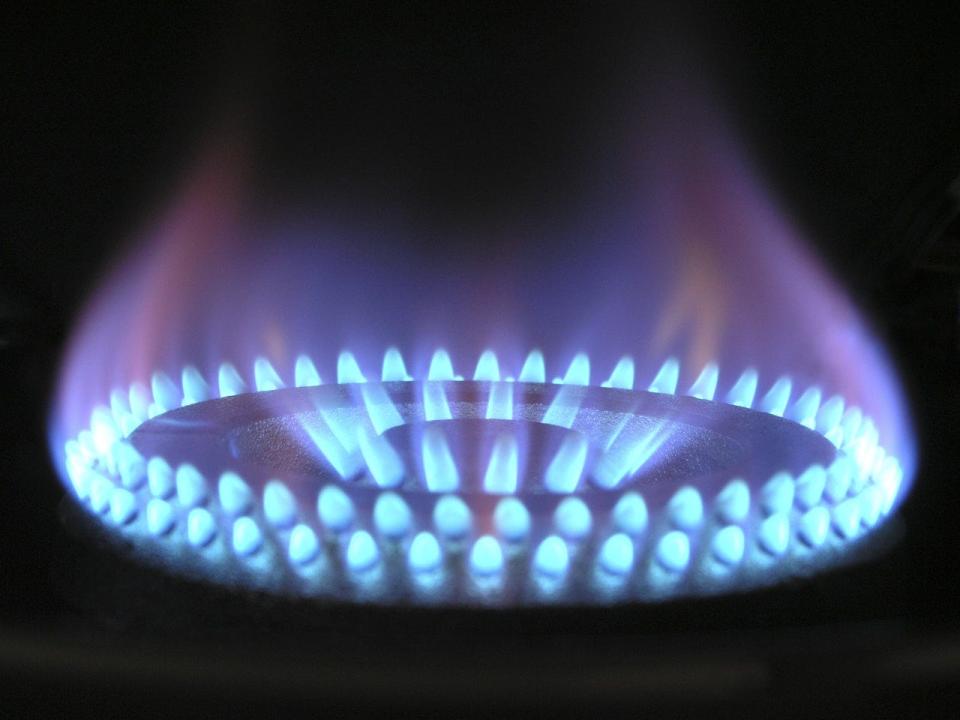
It's official: In a unanimous vote Tuesday, the City of Oakland banned natural gas in newly constructed apartment and commercial buildings, reports the San Francisco Chronicle.
“Oakland’s national leadership to build cleaner, safer and healthier cities for all families continues with this historic transition to all-electric buildings,” Mayor Libby Schaaf said via statement.
The measure requires developers to create all-electric infrastructure in new residential and commercial builds. Existing structures are not affected.
The move is necessary, according the lead author of the legislation, Councilman Dan Kalb. Without shifting away from the use of natural gas, Oakland can’t meet its climate goals, which were adopted in July. Dubbed the 2030 Equitable Climate Action Plan, it requires the city to reduce greenhouse gas emissions to 56% below 2005 levels over the next 10 years.
“Additionally," Kalb said, "reducing the reliance on gas systems will reduce the risk of fires, simplify building systems and maintenance, and improve indoor air quality.”
More than a year ago, Berkeley became the first California city to ban natural gas — a move that was challenged in November 2019 by the California Restaurant Association, who argued that the ban would raise costs and negatively affect restaurants. The lawsuit is still in the courts.
In other Northern California banning news, the San Francisco Chronicle reports that the San Francisco Board of Supervisors made it illegal Tuesday for residents to smoke tobacco inside apartment buildings with three or more units. They can, however, continue to smoke cannabis, as activists argued that the law would take away a person's only legal place to smoke since state law prohibits people from smoking cannabis in public places.
LeBron James signs contract extension with Los Angeles Lakers

There is good news for LeBron James fans, as the Los Angeles Lakers superstar has agreed to extend his contract for two years in a deal worth $85 million, his agent reported Wednesday.
The 35-year-old James averaged 25.3 points last season and led the NBA in assists with 10.2 per game. His extension runs through the 2022-23 season, which will give him 20 seasons in the NBA; by the end of the term, the earnings from his NBA contracts will approach $435 million.
NorCal harbor porpoise population sees dramatic increase

In what scientists are calling an inspiring example of nature’s resilience, the population of harbor porpoises — shy marine mammals that resemble small dolphins — has more than doubled since the late 1980s off the coasts of Monterey Bay, San Francisco and Sonoma.
Back in the 1980s and '90s, reports The Mercury News, hundreds of these creatures each year would wash up dead on shore after getting tangled in huge commercial fishing gill nets. But state officials banned gill nets in much of Northern California in 1990 after public outcry and threats of lawsuits from environmental groups.
“It’s exciting. It’s hopeful,” said Karin Forney, a research biologist based in Moss Landing with the National Oceanic and Atmospheric Administration. “There are many species that have been harmed by human activities, and often if we stop doing what we were doing to hurt them, they can recover. They can rebound.”
That's today's news. We'll be back in your inbox tomorrow with more.
In California is a roundup of news from across USA Today network newsrooms. Also contributing: abc7.com, San Francisco Chronicle, CalMatter
This article originally appeared on USA TODAY: California prisons report record high COVID-19 infections

